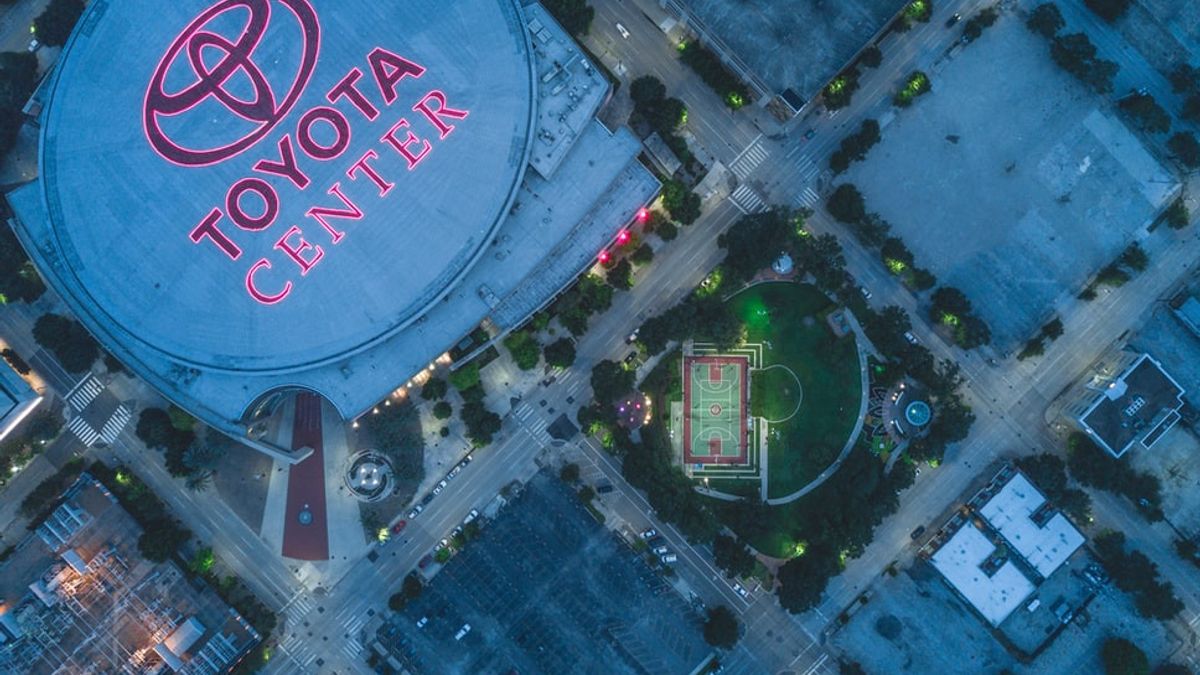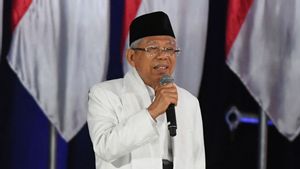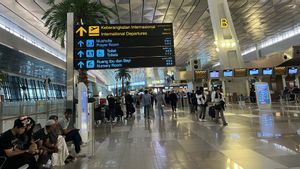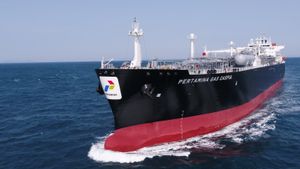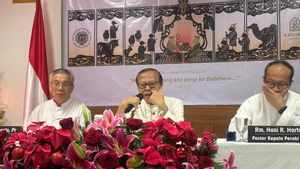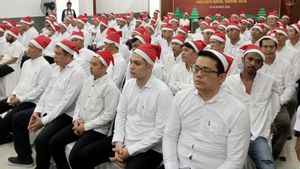JAKARTA - Toyota Motor Corp said on Tuesday 7 September that it expects to spend more than 13.5 billion US dollars (Rp 192 trillion) in 2030 developing batteries and their battery supply systems. This is done in an effort to lead the major automotive technology market over the next decade.
The world's largest automaker by production volume, has pioneered hybrid gasoline-electric vehicles with the popular Prius. Now they are moving quickly to present their first electric line-up next year.
Considered a leader in developing batteries for electric vehicles, Toyota says it aims to cut battery costs by 30% or more by working on the materials used and the way cells are structured.
"Then, for vehicles, we aim to increase power consumption, which is an indicator of the amount of electricity used per kilometer, by 30%, starting with the Toyota bZ4X," Chief Technology Officer Masahiko Maeda said in a briefing, referring to the upcoming compact SUV model. .
The company is also at the forefront of mass-producing solid-state batteries, a potential game changer for automakers as they are more energy-dense, charge faster, and are less flammable. If developed successfully, they could replace liquid lithium-ion batteries.
While still struggling with the short lifespan of these cells, Maeda said there is no change in Toyota's target of starting production of solid-state batteries in the mid-2020s. "We are still looking for the best materials to use," he said.
Toyota's efforts to mass-produce solid-state batteries have stumbled as they are expensive to manufacture and prone to cracking as they expand and shrink during use.
Toyota also plans to use solid-state batteries in hybrid electric vehicles like the Prius, he said.
Volkswagen, the world's second-largest automaker, said Tuesday that it may have to spend more to realize its planned transformation towards autonomous driving and EVs.
The German company, which plans to invest 150 billion euros in its business by 2025, has repeatedly said it can fund this transition based on current cash flows.
The English, Chinese, Japanese, Arabic, and French versions are automatically generated by the AI. So there may still be inaccuracies in translating, please always see Indonesian as our main language. (system supported by DigitalSiber.id)
